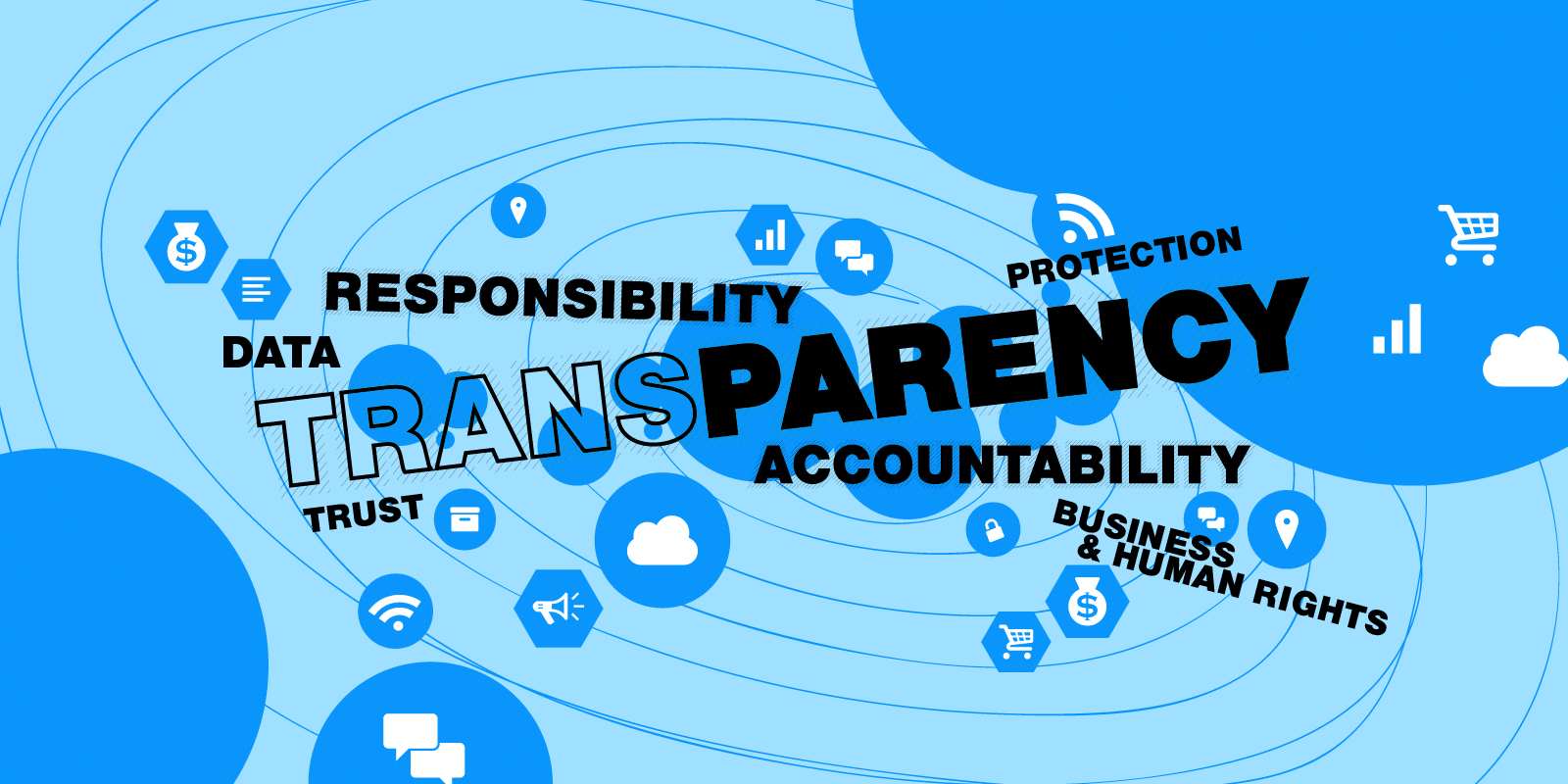For activists, journalists, and dissidents living under digital authoritarianism, our spaces are significantly shrinking online. But Musk is not our savior.
The world’s richest man is portraying himself as a “free speech absolutist” out to rescue “the de facto town square” from censorship and content moderation ailments. However, Musk’s simplistic views of freedom of expression could catapult the platform from a toxic space to a worse one — especially for those of us tweeting from the margins, ruled by oppressive regimes eager to monitor and censor what we say and do online.
Billionaires’ brand of free speech
Free speech on social media platforms has long been defined through a U.S.-centric lens where Big Tech and the one percent exercise overarching, disproportionate power over what is — and, importantly, what isn’t — permissible on their platforms. In practice, this has translated into a content moderation structure that is inherently biased, discriminatory, and dismissive of local and regional nuances and needs around the world, while reinforcing entrenched global power dynamics.
The very platforms that rocketed off the Arab revolutions’ pad are now censoring critical speech. Take, for instance, when Twitter suspended en masse the accounts of dissidents directly following the eruption of anti-Sisi protests in late 2019, or when a trending hashtag calling for the Egyptian president to step down mysteriously disappeared from Twitter in 2018. These opaque and drastic incidents are not isolated, they’re systematic.
The status quo is dire, but Musk’s understanding of freedom of expression appears to be far worse. Recently, Musk tweeted, “By ‘free speech,’ I simply mean that which matches the law. I am against censorship that goes far beyond the law.” This begs the question: whose law?
Clearly, Musk is oblivious to the complex and challenging ecosystems in which Twitter operates. Governments have upgraded their playbooks on how to control online speech and manipulate platforms’ policies and rules. From Egypt to Bahrain, authorities devise crimes with elastic definitions coded in law to prosecute and censor any expression they deem inappropriate.
As more governments encroach our digital spaces with internet sovereignty laws, such as in Turkey and Iran, platforms will find it more difficult not to succumb to authorities’ requests for censorship and surveillance.
Playing into dictators’ hands
Other snippets of the vision Musk seems to be portraying for Twitter are equally disturbing. In his bid to free Twitter from fake bots and spam accounts, Musk wants to “authenticate all real humans.” While he has not elaborated on how he intends to do that, any endeavor to end anonymity and pseudonymity on the platform would seriously endanger and expose users, especially in countries where a tweet can land you in jail.
If Musk plans to force people to use their real names on the platform, he will hand Twitter users to authoritarian regimes and zealous mobs on a silver platter — making their job of monitoring and harassing activists, dissidents, women, LGBTQ+, and other minorities easier and more satisfactory. Not to mention that, in reality, the real name policy never worked.
Requiring users to register with their legal identity would also exacerbate the risks around users’ privacy and data protection — creating a honey pot attractive to both governments and hackers. Governments would voluntarily request this data, demand it by law, or infiltrate the system, similar to what Saudi Arabia did in 2014 when it recruited two internal spies at Twitter to unmask anonymous dissidents.
One target, Abdulrahman al-Sadhan, a Saudi aid worker with the Red Crescent, was forcibly disappeared in March 2018, then appeared before a specialized criminal court in 2021 where he received a 20-year prison sentence, followed by an additional 20-year travel ban, for anonymously running a parody account on Twitter critical of the government. How many people will face a similar fate if Musk were to “authenticate” them?
Profit over people, again
The challenge with free speech on social media is not only about content moderation rules or a riddle for billionaire white tech bros to solve. It is about political and commercial decisions — when and where platforms decide to pour in their attention and resources to fill their pockets and maximize their bottom line.
Platforms like Twitter do not equitably or equally uphold the human rights and safety of people who use their platforms around the world. While they prioritize the U.S. and Western European markets, the rest of us are left to our own devices to tackle harassment, hate speech, disinformation, and online violence.
As civil society, we have insistently called on social media platforms to correct course and invest in human rights, accountability, and transparency for all users, equally, around the globe. Yet Musk is reported to have other plans, apparently seeking to cut workers, invite “influencers” to create content, and introduce subscription services to improve Twitter’s bottom line.
There is also the legitimate fear around potential conflict of interest and how the Tesla CEO might respond to demands to stifle dissent in countries where he wants to expand his business operations. Binning human rights commitments for lucrative business deals wouldn’t be unheard of. In 2021, Google announced building a new cloud region in Saudi Arabia despite the country’s dismal record on human rights and warnings against its invasive surveillance.
There is little reason to believe Musk’s acquisition of Twitter will make it a better or healthier space. Contrary to what Jack Dorsey, Twitter’s ex-boss, believes: No, we do not need a “singular point of solution” to our problems in the form of another billionaire. What we need is more democratized digital spaces, designed from the bottom-up — by the people and for the people.
